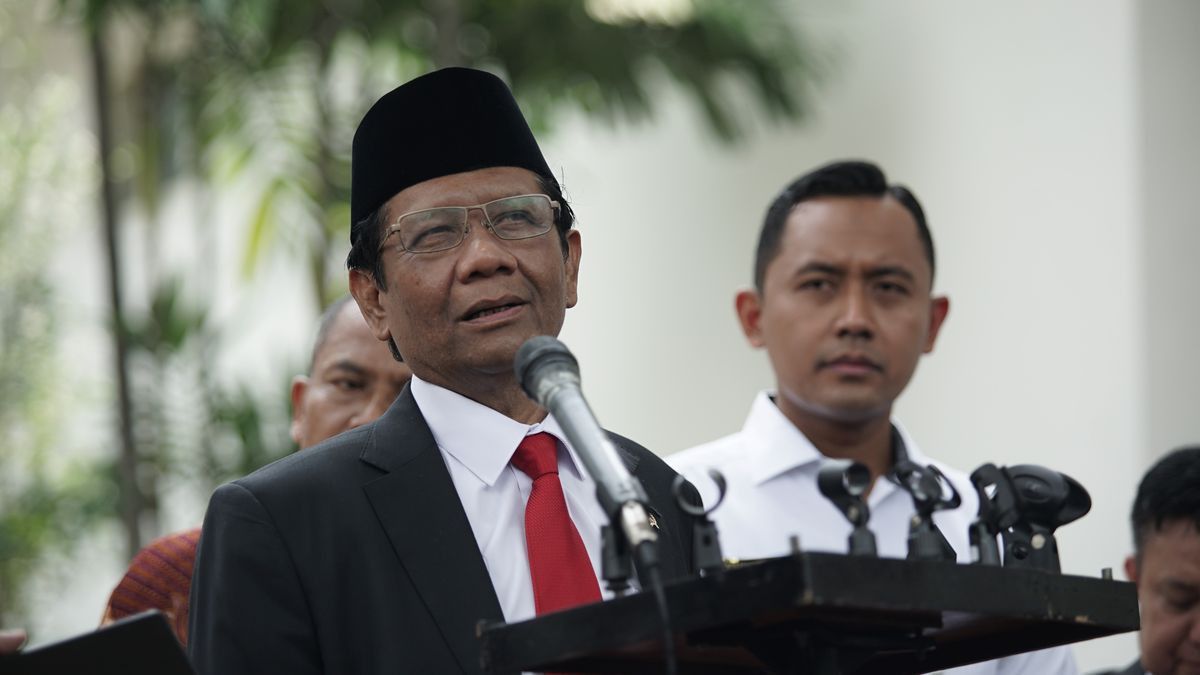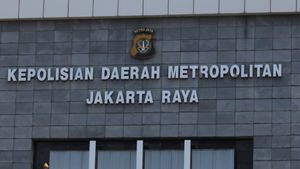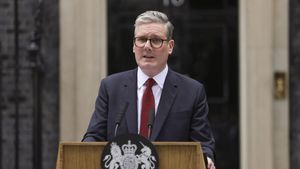JAKARTA - Coordinating Minister for Political, Legal, and Security Affairs, Mahfud MD, said bureaucratic reform in several regions is still not optimal because bureaucrats or leaders still position themselves as rulers.
"The mindset of bureaucrats who still place themselves as rulers, not public servants and as people who ask to be served, but do not want to serve. This all causes slow service, complicated procedures, and an inherent affiliation culture that can encourage the practice of KKN (Community Service Program)", said Mahfud at the National Seminar on "Bureaucracy Reform and the Signing of Commitments of Regional Heads" quoted by Antara, Wednesday, December 1.
Another factor that makes it difficult to implement bureaucratic reform is the commitment of the leaders, said Mahfud.
According to him, every change must always start from the leader's commitment.
"Without the commitment of leaders and leaders, change can't occur", said Mahfud.
According to him, leaders must commit to modernizing the bureaucracy, including through the implementation of information systems, simplifying complicated procedures, and accelerating services to the community.
"Strong commitment and leaders who have the desire to bring the bureaucracy they lead forward will certainly always encourage the creation of good governance and 'clean government' in their respective work environments", said the former Chief Justice of the Constitutional Court.
He explained that reform is basically an effort to reform and fundamentally change the government administration system, especially regarding the aspect of implementing excellent service.
SEE ALSO:
Bureaucratic reform is the government's effort to change the government administration system for the better to realize a clean, effective, efficient, transparent, accountable government, and provide excellent public services, he explained.
"The government bureaucracy is actually a driving engine for development to achieve the goals of the state which will ultimately realize the welfare of the people", he said.
As many as 59 districts/cities have not yet implemented procedural bureaucratic reform.
"This means that these 59 regencies/cities have not submitted an independent assessment of the implementation of bureaucratic reform so that the Kemenpan RB (Ministry of State Apparatus Utilization and Bureaucratic Reform) cannot be evaluated", he said.
Meanwhile, six districts/cities have submitted independent assessments regarding the implementation of bureaucratic reform in 2020. However, they did not do the same in 2021.
Mahfud appreciated the provincial and district/city governments that had implemented bureaucratic reform as an effort to provide services to the community.
The English, Chinese, Japanese, Arabic, and French versions are automatically generated by the AI. So there may still be inaccuracies in translating, please always see Indonesian as our main language. (system supported by DigitalSiber.id)
















